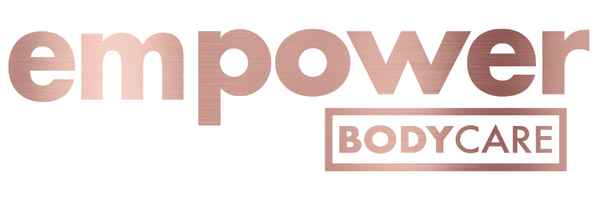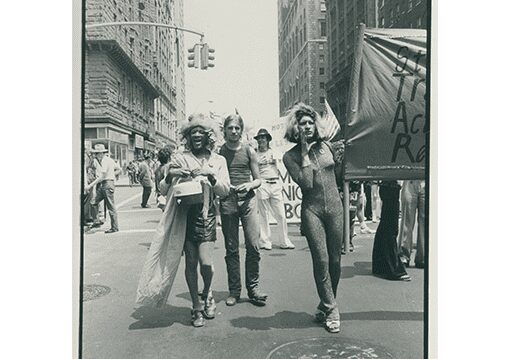Photo credit: Leonard Fink, courtesy of the LGBT Community Center
For the LGBTQ+ community, June marks a period of celebration and reflection on the long journey to where we are today and what challenges remain. Pride Month is usually marked by joyous parties, loud music, parades and the rainbow flag.
But with the coronavirus pandemic and global protests against racial injustice, Pride is inarguably different in 2020.
Although the mood is less celebratory this year, we cannot forget the work of countless organizers and protesters – many of which were trans women of color. Without their dedication, we wouldn’t be where we are today.
Stonewall Inn and the Protests that Catalyzed a Movement
The 1960s were difficult for LGBTQ+. The American Psychiatric Association listed homosexuality as a “sociopathic personality disturbance” and in New York City, “solicitations of same-sex relations” were illegal – meaning holding hands, kissing or dancing with someone of the same sex frequently resulted in jail time. Gay bars and clubs were places of refuge where queer communities could express themselves and their sexuality without fear of retaliation.
The Stonewall Inn, in Greenwich Village, was one such sanctuary. It welcomed drag queens – who were shunned from many other institutions – and became a home for runaways and houseless gay youths. It became an important space for the LGBTQ+ community and safe expression, in a time when these places were extremely hard to find.
During the early morning hours of June 28, 1969, Stonewall Inn was raided by the NYPD’s Public Moral Squad. Thirteen were arrested and the police demanded invasive “sex verification checks” on trans women there. Fed up with the abuse, a spontaneous protest broke out with trans women of color – such as Marsha P. Johnson and Sylvia Rivera – at the forefront. Hundreds gathered around Stonewall Inn as the police brutalized the crowd.
At one point, an officer hit a lesbian woman over the head as he forced her into a van. The crowd began throwing objects at the police – anything from spare change to bricks and bottles – in the woman’s defense. Demonstrations continued for days, serving as a hugely important catalyst for the modern gay rights movement. In 1970, the first Pride parade started at Stonewall Inn and marched up 6th Avenue.
Following the incident at Stonewall, Johnson and Rivera started an organization providing shelter to drag queens and transgender youth. Later, Johnson joined ACT UP to advocate for people with AIDS. Both Johnson and Rivera fought for LGBTQ+ rights their whole lives. In 1992, Johnson’s body was found in the Hudson River. Her death was ruled a suicide, and police refused to continue the investigation.
More Than a Rainbow Flag
As its history shows, Pride is inherently political – and the battle for marriage and gender equality intersects with movements for racial equality, civil and economic rights. Taking an intersectional approach addresses the multiple dimensions of identity – such as gender, sexuality, race and class – to understand how they overlap and contribute to discrimination. Black lesbian women, for instance, often experience the combination of racism, sexism and homophobia.
A study by the True Colors Fund found 40% of homeless youth identify as LGBTQ+ – mostly due to family rejection and discrimination – and are more likely to have interactions with the police. Additionally, the National Coalition of Anti-Violence Programs found transgender people are seven times more likely than cisgendered individuals to experience physical violence when interacting with police. The study goes on to state: “Transgender communities’ experience of discriminatory and violent policing can be a barrier to accessing critical support in the aftermath of violence, placing transgender people at greater risk when they do experience violence.” In fact, Tony McDade, a Black trans man, was shot and killed by police in Tallahassee, Fla., on May 27.
Pride started as a protest against police discrimination and brutality, with trans women of color leading the way. The work that Marsha P. Johnson and Sylvia Rivera started is far from complete – and Pride’s roots deserve more recognition than ever.
Empower BodyCare Stands Against Hate
Empower BodyCare is led by a proudly married lesbian couple, Michele White and Trista Okel. While the LGBTQ+ community has made progress, it wasn’t too long ago that people were barred from marrying who they loved. This continues to be a reality for too many around the world. This Pride Month (and always), we continue to speak out against discrimination and hate – whether it’s due to gender identity, sexuality or the color of a person’s skin.
To continue the fight for long-lasting equity, Empower BodyCare is donating a portion of all sales through the summer to the NAACP Legal and Educational Fund.

